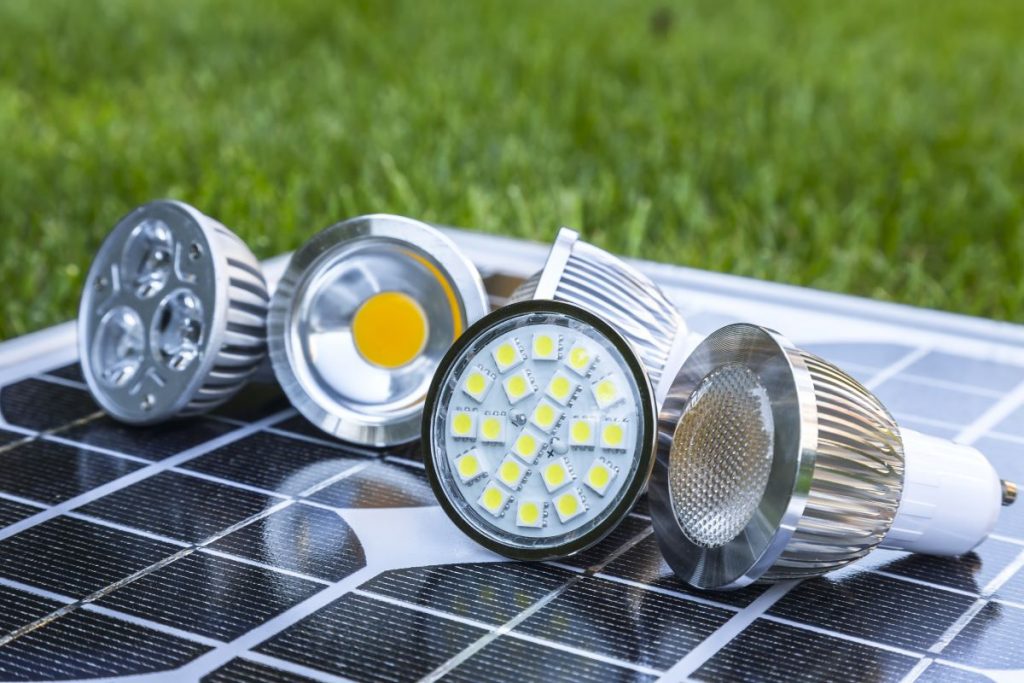During the pandemic, the boom in the real estate market allowed many Americans to own a home of their own. This positive development in the real estate market resulted in the highest number of existing-home sales in more than a decade.
For eco-conscious buyers, they have to work on enhancing their homes to make them sustainable. To accomplish this, they have to consider a couple of factors to ensure they can do their part in contributing to the cause of protecting Mother Nature.
Use Locally-Sourced Materials
If they plan to improve their newly-purchased home, they can use locally sourced materials instead of internationally-sourced materials. This allows the homeowners to reduce the emissions from transporting the materials from a long distance. Energy usage is also lower when the homeowner sources home improvement materials locally. It also encourages green manufacturing and increases consumer confidence in the materials available locally.
Additionally, sourcing home improvement materials locally also costs less compared to getting it somewhere else. Logistic expenses can increase the farther the source of the products. If it comes from another country, homeowners can expend high shipping costs.
Use LED Lighting
Another way for new homeowners to make their homes sustainable is by replacing incandescent and fluorescent lighting with LED lights. LED lights offer several benefits for homeowners, including energy savings, long lifespan, and efficiency. They are also safe to use since LED lights generate nearly no heat, so they are safe to touch. LED lights are made of semiconductor materials instead of neon gas or filaments. This makes them more durable than traditional neon tubes or incandescent bulbs.
But the most important benefit of LED lights for eco-conscious homeowners is that they are made of non-toxic materials, making them friendly to the environment. Unlike neon lights, they do not use mercury. Moreover, LED lights are environment-friendly since they are recyclable.
Install Solar Panels
For their energy needs, homeowners can tap the energy of the sun. With this, they can install solar panels on the roof. These are lightweight and can last a long time. Aside from being friendly to the environment, using residential solar power also allows homeowners to save on power costs. It lowers their utility expenses and can take advantage of tax breaks and incentives from the local government.
In case the roof needs repair, setting up the solar panels will be the best time for homeowners to work on fixing it. At this point, they can hire reliable commercial roof repair contractors before installing the solar panels.
Additionally, the presence of solar panels in the home also increases its resale value if the homeowner plans to sell the house in the future.
Use Geothermal Heat Pumps
Similar to solar panels, geothermal heat pumps use nature to provide heat inside the home. These pumps use the temperature of the Earth in heating water rather than the outside air temperature. A good part of the country has seasonal temperature extremes, but the ground temperature range between 45 degrees Fahrenheit and 75 degrees Fahrenheit. These pumps can heat and cool the house. They can also supply hot water to the homeowners.
The technology has existed since the 1940s and allows homeowners to heat their homes while keeping their carbon footprint small. Even though the initial investment for geothermal heat pumps is high, they have a lifespan of at least two decades. With this, the benefits of using the system can offset the initial cost of investment.
Homeowners have four options on the geothermal heat pump system they can install in their homes. These options are vertical systems, horizontal systems, pond or lake systems, and open-loop systems. The first three options are closed-loop systems.

Set Up a Vegetable Garden
Tending a garden is a good way for homeowners to relieve their stress due to the situation. Taking care of a garden can reduce instances of depression, anxiety, and boredom. The garden also allows them to go out of the house and get their daily dose of sunshine. The fresh air is also good for their health. Homeowners also get the opportunity to exercise, which is challenging with the guidelines set to prevent the spread of the virus.
Having a garden also gives homeowners a good supply of fresh produce. This means they do not have to go to the supermarket or grocery to buy vegetables for their consumption. Additionally, they can contribute to the production of oxygen through the vegetables they plant in their gardens.
New homeowners who want to do their part in preserving the environment have several options to make their homes sustainable while contributing to protecting the environment.






